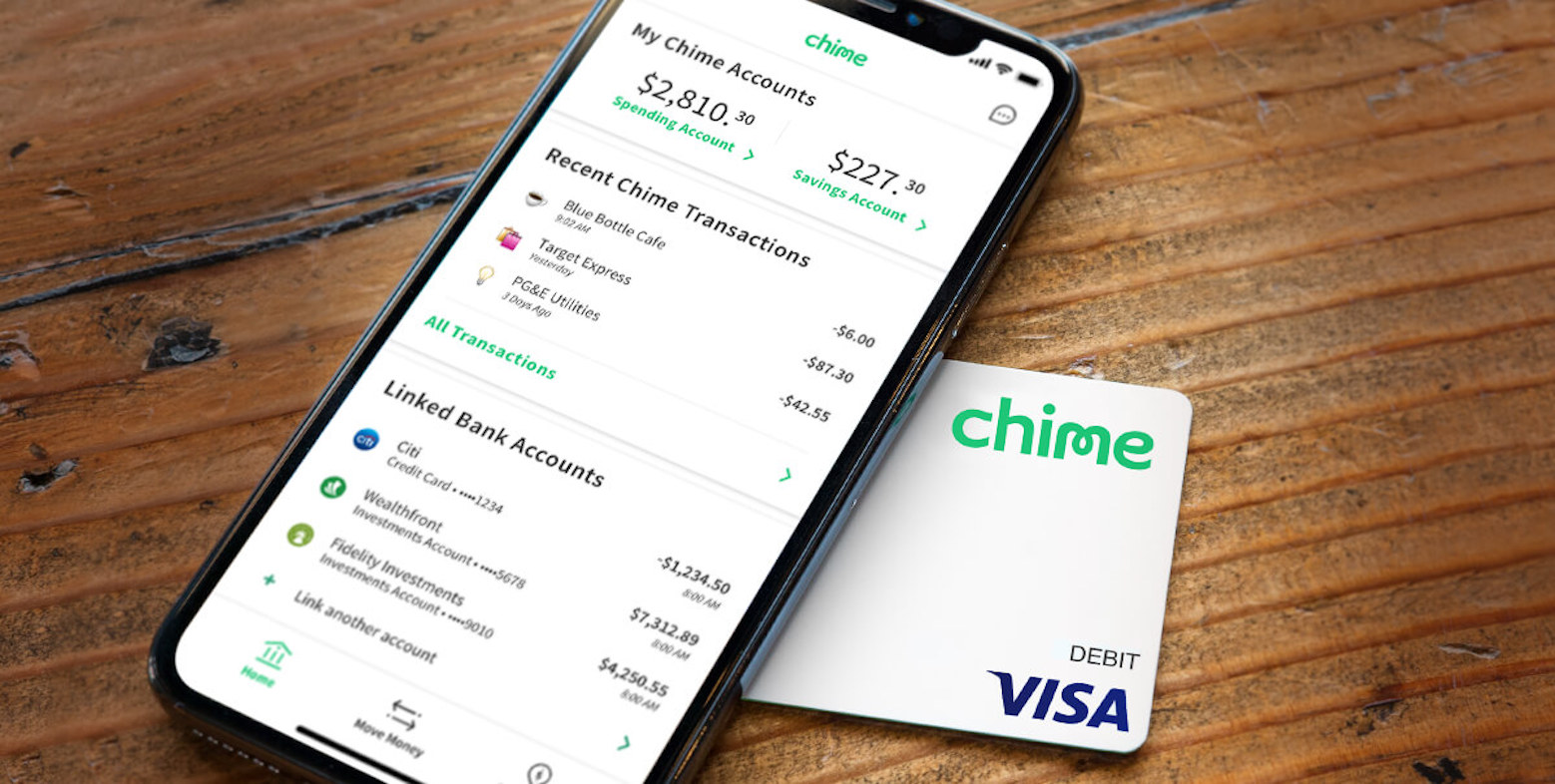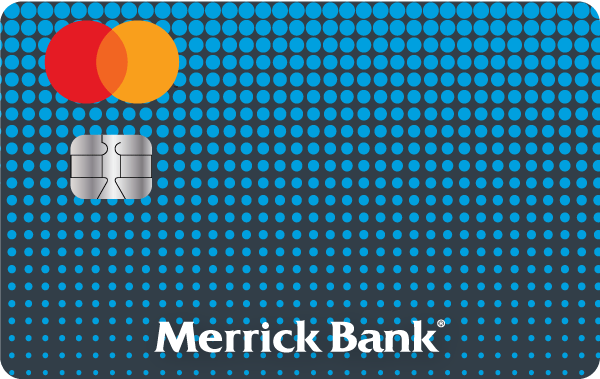Choosing the right credit card can feel overwhelming, especially with so many options available. From rewards to building credit, each card serves a specific purpose, making it crucial to understand the different types of credit cards before applying. Whether you’re a student looking to start your credit journey, a frequent traveler eager to earn miles, or a business owner seeking tailored financial solutions, there’s a card out there for you.
In this guide, we’ll explore the various types of credit cards, break down their pros and cons, and help you determine which might be the best fit for your financial needs and lifestyle.
1. Rewards Credit Cards
If you’re someone who frequently uses your credit card and pays off the balance on time, rewards credit cards can be incredibly beneficial. These cards offer points, miles, or cashback for every dollar you spend.
Pros
- Earn rewards on everyday purchases.
- Many cards offer sign-up bonuses.
- Ideal for frequent travelers or big spenders.
Cons
- High-interest credit cards if balances are not paid in full.
- Annual fees on premium rewards cards.
Best for: People who pay off their balance monthly and want to earn rewards.
2. Cash Back Credit Cards
Cash back credit cards are one of the most popular kinds of credit cards. They give you a percentage of your spending back as cash or statement credit.
Pros
- Simple rewards system.
- Often no annual fees.
- Useful for everyday spending.
Cons
- Lower cash back on certain categories.
- Some cards have rotating reward categories which may be hard to track.
Best for: Everyday users who prefer straightforward benefits.
3. Travel Credit Cards
Travel credit cards offer points or miles that can be redeemed for flights, hotels, and other travel expenses. Some even come with perks like free airport lounge access.
Pros
- Great travel-related perks.
- No foreign transaction fees.
- Earn miles or points on travel and other categories.
Cons
- Annual fees can be high.
- Rewards are often tied to specific travel partners.
Best for: Frequent travelers looking to save on airfare and hotel stays.
4. Student Credit Cards
Designed for college students with little to no credit history, these cards help build credit responsibly.
Pros
- Easier to qualify for.
- Educational resources and budgeting tools.
- Some offer cash back and other perks.
Cons
- Lower credit limits.
- May come with higher interest rates.
Best for: Students starting to build credit.
5. Secured Credit Cards
If you’re new to credit or rebuilding from a rough patch, secured credit cards can be a stepping stone. They require a security deposit, which often becomes your credit limit.
Pros
- Easier approval.
- Helps with building credit or rebuilding credit history.
- Reports to major credit bureaus.
Cons
- Requires upfront deposit.
- Fewer rewards and perks.
Best for: People with low or no credit scores looking to improve.
Example: The Discover it Secured Credit Card offers cashback and automatically reviews accounts for potential upgrades to unsecured cards.
6. Balance Transfer Credit Cards
These cards allow you to transfer debt from one card to another, usually with a low or 0% introductory interest rate.
Pros
- Save on interest.
- Consolidate multiple debts.
- May offer extended 0% APR promotions.
Cons
- Balance transfer fees may apply.
- Promotional rates are temporary.
Best for: Those with existing credit card debt looking to reduce interest payments.
7. Business Credit Cards
Business credit cards help entrepreneurs separate personal and business expenses, manage cash flow, and earn rewards.
Pros
- Track business expenses easily.
- Offers tailored to business needs (e.g., office supplies, advertising).
- Often comes with higher credit limits.
Cons
- Requires good to excellent credit.
- May require personal guarantee.
Best for: Small business owners and freelancers.
8. Store Credit Cards
Retailers often offer their own branded store credit cards that give exclusive discounts, promotional financing, and rewards.
Pros
- Easy to get approved.
- Useful for frequent shoppers at a specific store.
- Special promotions and offers.
Cons
- High interest rates.
- Can only be used at specific stores.
Best for: Loyal customers of specific brands or stores.
9. Low Interest Credit Cards
These cards come with a low ongoing APR or an introductory 0% APR offer, ideal for those who may carry a balance.
Pros
- Save money on interest charged.
- Helpful for large purchases or unexpected expenses.
Cons
- Fewer rewards.
- May require excellent credit to qualify.
Best for: People who occasionally carry balances.
10. Premium Credit Cards
Premium credit cards offer luxury benefits like concierge services, airport lounge access, and elite travel perks, but come with steep annual fees.
Pros
- High-end perks and protection.
- Excellent reward earning rates.
- Status upgrades and partner benefits.
Cons
- High annual fees.
- Benefits may not justify the cost for average users.
Best for: Frequent travelers or high spenders who value premium perks.
11. Co-Branded Credit Cards
Co-branded cards are issued by a credit card issuer in partnership with a brand—like an airline, hotel chain, or retailer.
Pros
- Enhanced rewards with the partner brand.
- Brand-specific perks like free nights or checked bags.
Cons
- Less flexibility in redeeming rewards.
- May carry higher fees.
Best for: Loyal customers of a brand looking for added perks.
12. Charge Cards
Unlike traditional credit cards, charge cards require you to pay your balance in full each month. There’s no pre-set credit limit, though spending flexibility is based on your history.
Pros
- No interest charged (if paid in full).
- Encourages responsible spending.
- Some come with premium rewards.
Cons
- No option to carry a balance.
- High annual fees.
Best for: Disciplined spenders who want rewards without the temptation of debt.
Pros and Cons of Each Type
Understanding the pros and cons of each type of card can help you make an informed decision. Here’s a quick summary:
| Type of Card | Pros | Cons |
|---|---|---|
| Cash Back | Easy to use; immediate rewards | Varying cash back rates; possible fees |
| Rewards | Flexible options; high category rewards | Points expiration; higher interest rates |
| Travel | Generous travel rewards; extra benefits | High annual fees; limited redemption |
| Balance Transfer | Helps reduce debt; consolidates expenses | Transfer fees; limited promotional period |
| Secured | Easier approval; builds credit | Requires deposit; limited credit options |
| Student | Easier to qualify; no fees | Limited rewards; low credit limits |
| Business | Higher limits; separates expenses | High-interest rates; personal guarantee |
| Store | Easy to obtain; discounts | High-interest rates; retailer-specific |
| Low-Interest | Reduces interest costs | Limited rewards; possible fees |
| Premium | Luxury perks; high rewards | High fees; not for everyone |
How to Choose the Best Type of Credit Card
Selecting the best type of credit card depends on your lifestyle and financial goals. Here are a few factors to consider:
- Credit Score: Some cards require excellent credit, while others like secured credit cards are accessible for beginners.
- Spending Habits: Frequent travelers may benefit from travel credit cards, while those who shop often might prefer store credit cards.
- Financial Goals: If you want to pay down debt, a balance transfer credit card could help. For everyday purchases, a cash back card is more effective.
It’s important to compare offers from each credit card issuer, including annual fees, reward rates, intro bonuses, and APRs.
Final Thoughts on the Types of Credit Cards
Understanding the types of credit cards available is the first step in making a smart financial choice. Whether you’re looking to build credit, manage debt, or earn rewards, there’s a card that matches your needs. Compare your options, look at the fees and perks, and consider how you’ll use the card monthly. Choosing the right card today can lead to better credit, fewer fees, and more financial freedom tomorrow.
A Note on Karma
If you’re feeling overwhelmed by the many choices, the Karma app makes it easier. Karma helps users find the best credit card offers, track spending, and even monitors your credit score. It provides personalized suggestions and simplifies the process of applying for types of credit that fit your lifestyle. Karma also offers alerts on promotional deals and exclusive rewards from your favorite retailers. Whether you’re applying for a gift card, a cash back credit card, or trying to avoid credit card debt, Karma is your financial companion on the go.
Try Karma and take control of your financial journey today.
Frequently Asked Questions
+
+
+
+













